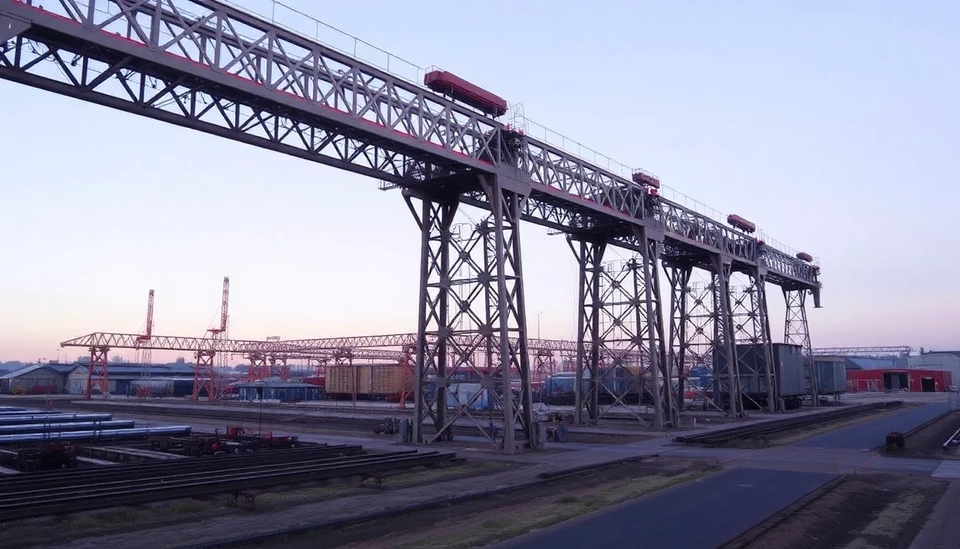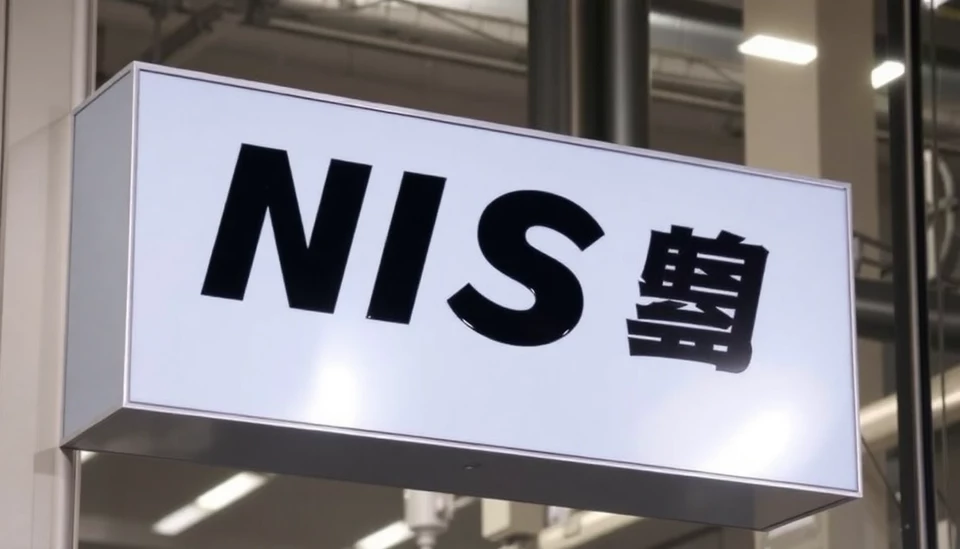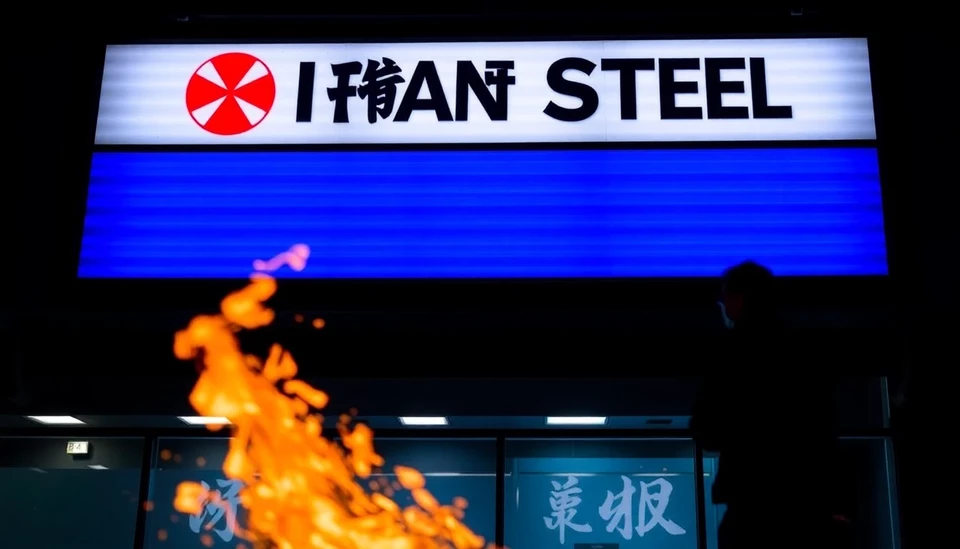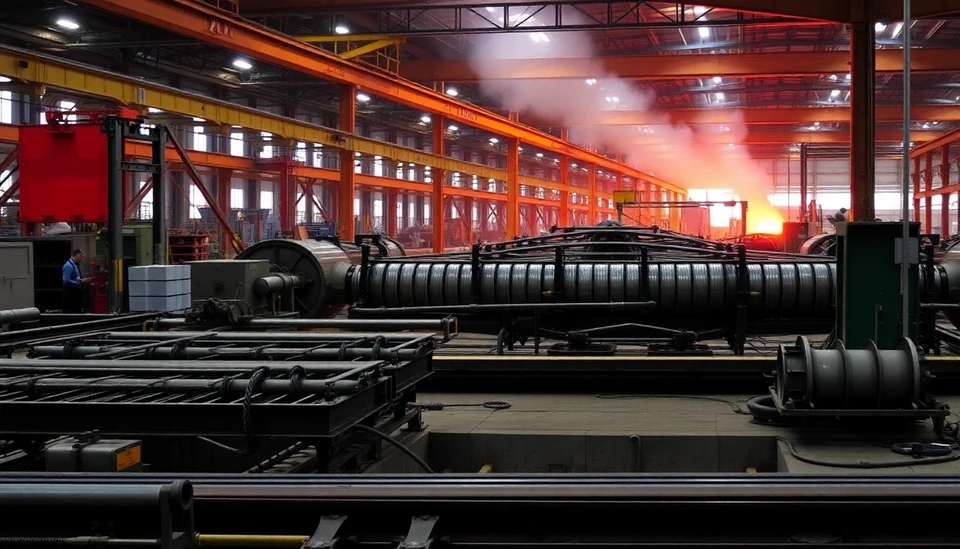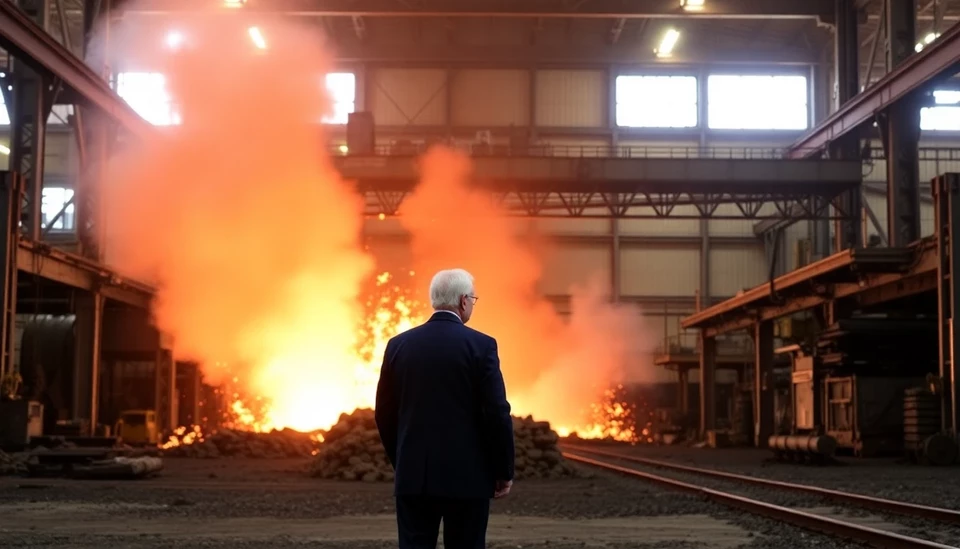
Nippon Steel Corp., the largest steel manufacturer in Japan, experienced a notable dip in its stock prices following an unexpected decision by the Biden administration to block a significant acquisition involving US Steel Corp. This development has sent ripples through the market, raising concerns among investors regarding the future of steel manufacturing and trade relations between the United States and Japan.
The Biden administration’s decision to halt the merger comes amid rising scrutiny over competition and the consolidation of industries deemed crucial to national security. The move aims to ensure that no single entity dominates the steel production landscape in the U.S., particularly given the industry's importance to infrastructure and military applications.
Nippon Steel had been poised to benefit from the merger, which was seen as a way to enhance its market position and access new technological advancements. Analysts had speculated that the consolidation would have allowed Nippon Steel to leverage US Steel's capabilities, further integrating the two companies' operations in a resource-sharing manner. However, the administration's unfavorable decision has left the company reevaluating its strategic plans.
In response to the news, Nippon Steel’s shares fell, reflecting investor anxiety over future growth opportunities and profitability. Market analysts predict that without the merger, the company may face challenges in expanding its market share and enhancing its global competitiveness.
The implications of this decision extend beyond Nippon Steel, as it highlights an increasing trend among governments to scrutinize foreign investments more rigorously. Other international companies eyeing the U.S. steel market may now proceed with caution, reconsidering the risks of intertwining their operations with American firms amidst regulatory pressures.
Industry experts suggest that while the Biden administration’s actions are grounded in a desire to maintain competition and protect domestic industries, they could inadvertently stifle foreign investment, which has historically contributed to innovation and economic growth. The potential fallout from such regulations could have lasting effects on global supply chains and relationships between international companies and U.S. regulators.
As the situation continues to develop, stakeholders in both the Japanese and American steel sectors are urged to closely monitor regulatory changes and their impacts on market dynamics. Nippon Steel, in particular, must now reassess its strategic planning in light of this setback while seeking new avenues for growth and collaboration within the industry.
Looking forward, Nippon Steel's leadership will need to navigate these turbulent waters carefully, balancing domestic pressures with international ambitions to ensure that they remain competitive in a rapidly evolving market landscape.
In conclusion, the decision by the Biden administration to block the merger has significant implications not only for Nippon Steel but also for wider industry relations going forward. As investors react to these developments, all eyes will be on how Nippon Steel adapts its strategy in response to this regulatory challenge.
#NipponSteel #USSteel #BidenAdministration #SteelIndustry #ForeignInvestment #MarketAnalysis #Japan #TradeRelations
Author: Victoria Adams
